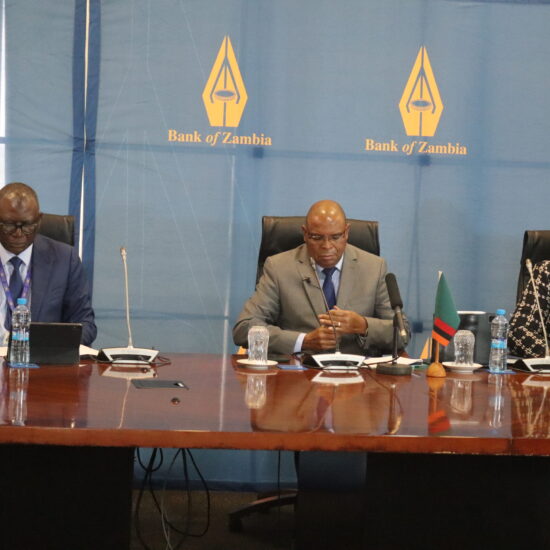Development analyst Charity Musamba has noted with great concern that both political and policy leads have failed to come down and explain to the people in simple knowledgeable ways of making them understand what debt restructuring is really about. Musamba said the whole topic has been kept very technical and in a lot of ways has been kept urbanized, and that leaders are more dangerously not providing the political, governance, and economic aspects of debt restructuring.
On 22 June, the Zambian government confirmed that its official creditors decided on a deal to restructure $6.3 billion in loans. It was agreed to introduce a three-year grace period during which only interest payments are due and to lengthen maturities to over 20 years.
Speaking in an exclusive interview with the Zambian Business Times –ZBT, Musamba however said people have unfortunately been misled at the political level. “We are talking about debt restructuring as though the ultimate end is debt relief or debt forgiveness. Debt relief and debt forgiveness were more obvious for the other debt crisis that we had in the 1990s,” said Musamba. She said debt restructuring means Zambia has reached a stage where it did not even know in exact figures what its debt was, who was being owed, how much, when, and how much is supposed to be paid back.
She said this meant that the country’s accounts on loans and debts were in a shoddy state thereby making it difficult for creditors such as the institutions and governments that lend money, and Zambia as the debtor to always work in a confident manner. ‘So restructuring means cleaning up this mess I am talking about, and it is not obvious that when you clean it you will have debt relief. It is another process based on the outcome of the restructuring that you now start negotiating whether some creditors will postpone payment, whether others will forgive your debt, or whether others will maintain” noted Musamba.
She noted that restructuring simply means putting the house in order and that the leaders have failed to explain to the people, but have instead sugar-courted the whole process making people believe that there will be resources available. Musamba said the restructuring process will determine the final consequences of where Zambia will be.
Musamba did note that the process is taking a long because the nature of the debt crisis Zambia is facing today is very different from the one experienced in the 90s. She said the biggest difference is that a large proportion of Zambia’s indebtedness are commercial loans and private loans noting that it is easier to restructure government to government loans or international financial institution loans. “If you look at the breakdown of our debt, we owe quite a lot to commercial and private institutions. Those have their own ways of restructuring, for instance, we have the Euro Bonds; the Euro bonds are a form of loans that are given out based on the pension schemes of other countries. So when you are restructuring Euro bonds, you will not restructure them the way you would restructure loans from IMF World Bank” said Musamba.
She said the process is taking long because of the huge debt, and secondly, the nature of the debt requires speaking to specific different creditors. She notes that each one of them will have its own expectations, motives, and vested interests. Musamba however noted that Zambia does not seem to have adequate capacities for negotiators. She said alongside this system is an effort to build the capacities of the country’s negotiators to participate in the system more effectively. She said this must be taken as a learning lesson, especially for a country that has spent a lot of money training technocrats to manage debt. “For the last 15 years, we have been sending people to Washington under IMF, World Bank to go and learn how to manage public debt, when we go to the Ministry of finance it is one of the biggest departments. My question is why are we failing to perform? We need to answer this question because if we will be spending people’s tax payer’s money to train people to do this work, and we still have to go out to look for external expatriates to come and help us do this work, then there is a problem” said Musammba.
She noted that even the Debt Sustainability and Analysis by the IMF the Ministry of Finance the country always has to hire or depend on external expertise. She said it is time that Zambia took charge of these processes, noting that a debtor cannot depend on a creditor to determine how much is being owed.








